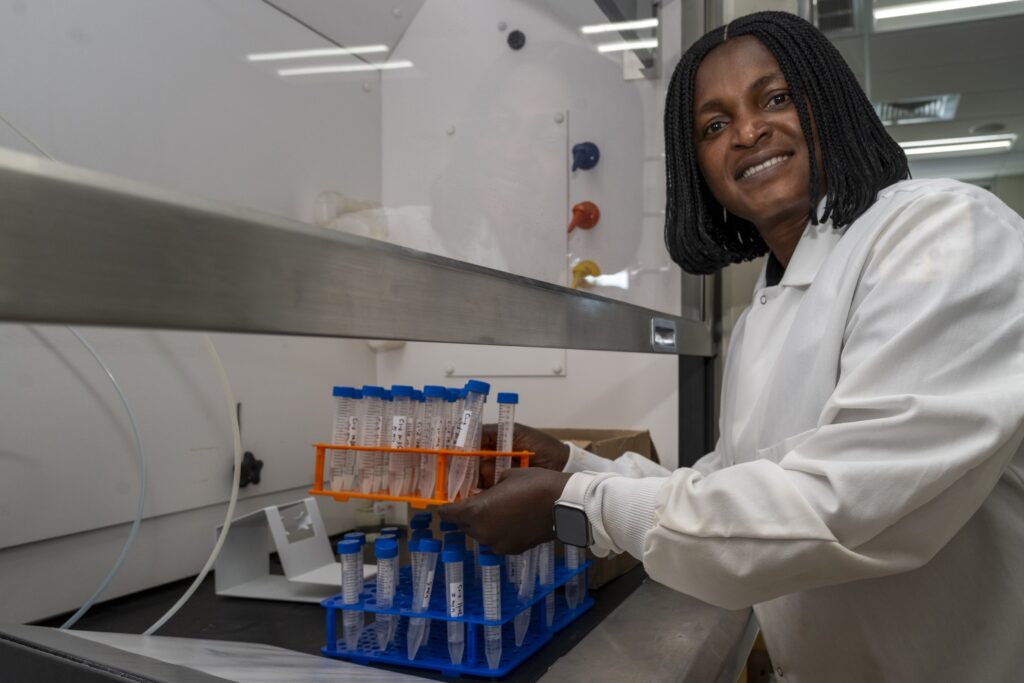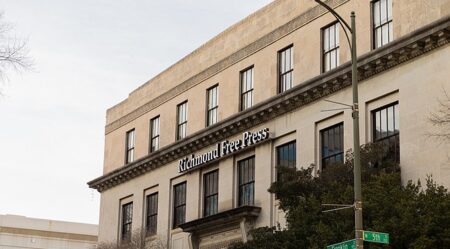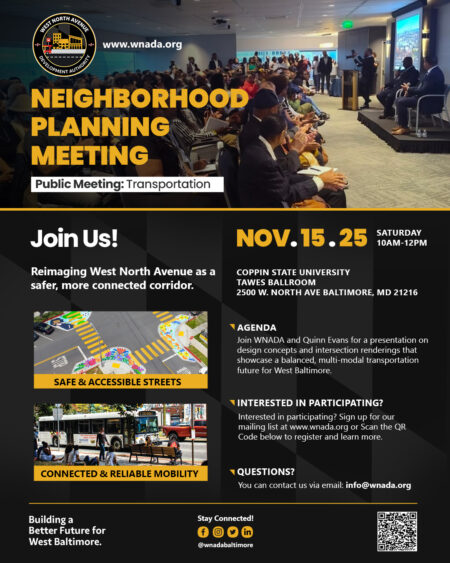FY25 Sets New High Mark with $104.4 Million in Sponsored Research Funding, Spurring Morgan’s R1 Momentum
(BALTIMORE – July 23, 2025) — For decades, Morgan State University has strived to overcome the chronic underfunding and lack of investment that have historically limited the research capacity of many public urban institutions and Historically Black Colleges and Universities (HBCUs). Today, a transformative milestone has been achieved as Morgan—Maryland’s Preeminent Public Urban Research University and a national leader among HBCUs—has surpassed $100 million in sponsored research commitments within a single fiscal year for the first time in its 158-year history.
The $104.4 million secured during Fiscal Year 2025 (FY25) represents an 18% increase over the $88.5 million in FY24 and underscores Morgan’s steady ascent toward achieving an R1 (very high research activity) Carnegie classification— a goal established in the Transformation Morgan 2030: Leading the Future, 10-year strategic plan and places the University in a pivotal position to address many pressing societal challenges, discover innovative solutions, and deliver life-changing economic benefits to its students and communities.
“This marks a major milestone for Morgan. By crossing this threshold, Morgan joins an elite cadre of the nation’s top research institutions. We have met this milestone with dogged focus and unwavering determination and will continue to forge ahead in becoming one of the top world-class, impactful urban research universities,” said David K. Wilson, president of Morgan. “We’ll do so without losing our soul—keeping our undergraduates connected to the power of discovery and committing to research that truly matters in people’s everyday lives. Our aim is to be a national model for innovation that addresses real-world challenges.”
Securing research commitments surpassing the $100-million mark far exceeds the goal set in 2018 to consistently achieve $50 million in sponsored research commitments annually. The University is projecting more than $65 million in research expenditures, well above the $50 million benchmark required for R1 eligibility. Morgan has exceeded the $50 million research expenditures mark in the second straight year, putting it within striking distance of joining Maryland’s two other public high-research universities.
“As we continue on our path toward R1, we are not just growing in volume but also in impact,” said Willie E. May, Ph.D., vice president for Research and Economic Development. “The strength of our research portfolio lies in its diversity and societal relevance. These new funding commitments represent investments in knowledge that drive change, induce competition, and elevate our capacity to contribute to critical industries.”
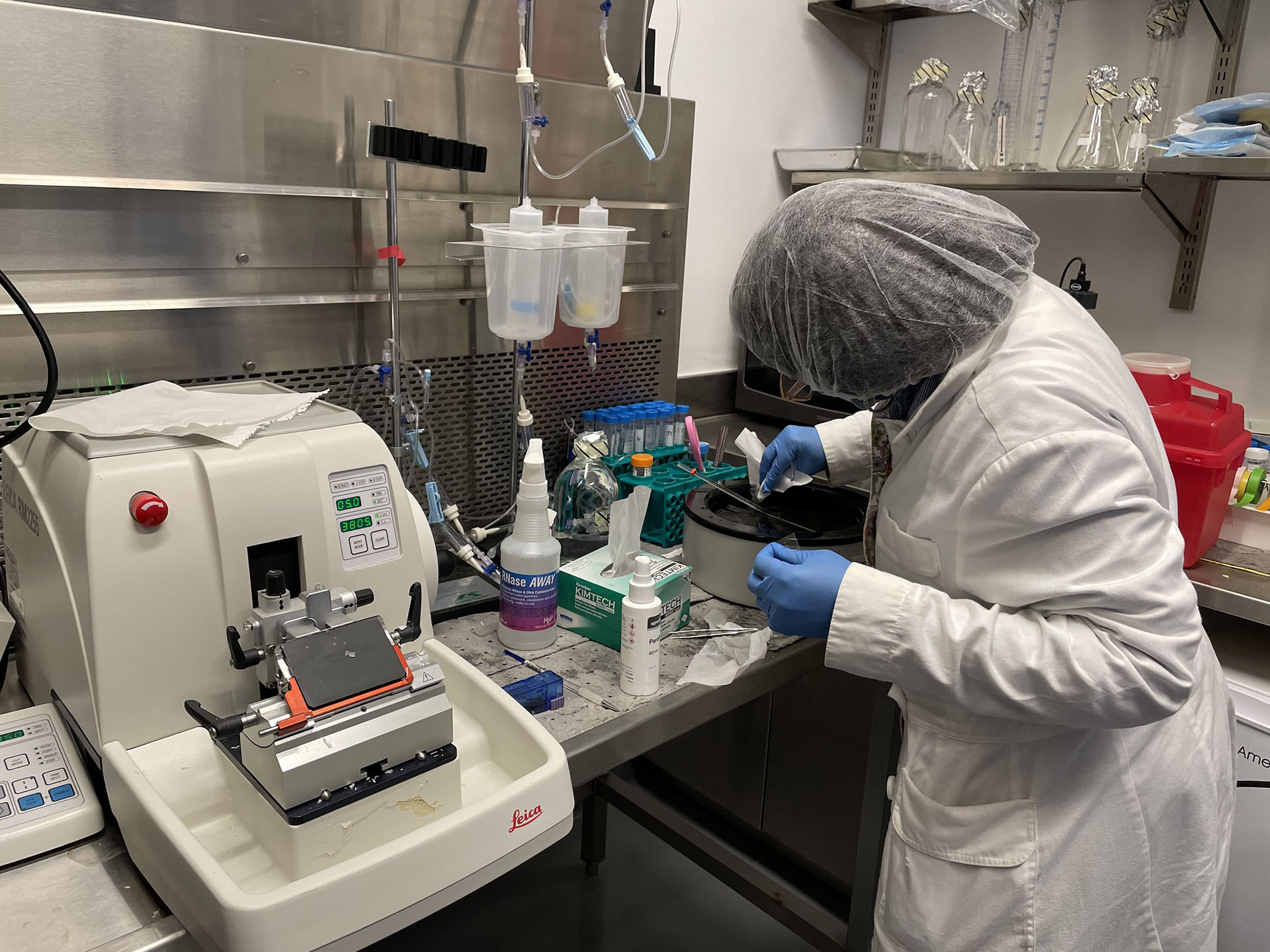 FY25: A Glimpse into Morgan’s Research Excellence
FY25: A Glimpse into Morgan’s Research Excellence
The FY25 research portfolio reflects the diversity and depth of Morgan’s scholarly enterprise, drawing support from federal and state agencies, industry partners, and philanthropic sources. A selection of the year’s most impactful awards provides insight into the University’s evolving research ecosystem:
- Extending Morgan’s Role in Earth and Atmospheric Sciences — Morgan’s partnership with NASA continues to thrive. In FY25 alone, the University received more than $22.5 million in new NASA grants, reinforcing its expanding role in space and atmospheric science research. Most of this amount came through the Goddard Earth Sciences Technology and Research (GESTAR II) program, a cooperative agreement funded by NASA with five years of performance and a total value of $130 million. The University of Maryland, Baltimore County (UMBC) is the prime participant in the cooperative agreement, and Morgan is the major partner, receiving $48 million over five years. Morgan’s contribution includes employing approximately one-third of the program’s nearly 120 researchers, providing a fertile training ground for postdoctoral and doctoral-level talent.
- Improving Urban Health and Chronic Disease Prevention — The National Institutes of Health commitment of nearly $21 million extends support Morgan’s RCMI Center for Urban Health Disparities Research and Innovation (RCMI@Morgan), which is conducting an ongoing examination of the root causes and consequences related to chronic disease and in driving transformative outcomes for disease prevention in Baltimore and other urban populations.
- Building a Competitive Nuclear Engineering Pipeline — A $5 million, five-year grant from the National Nuclear Security Administration to launch the Scholarly Partnership in Nuclear Engineering (SPINE)aimed at building a diverse,
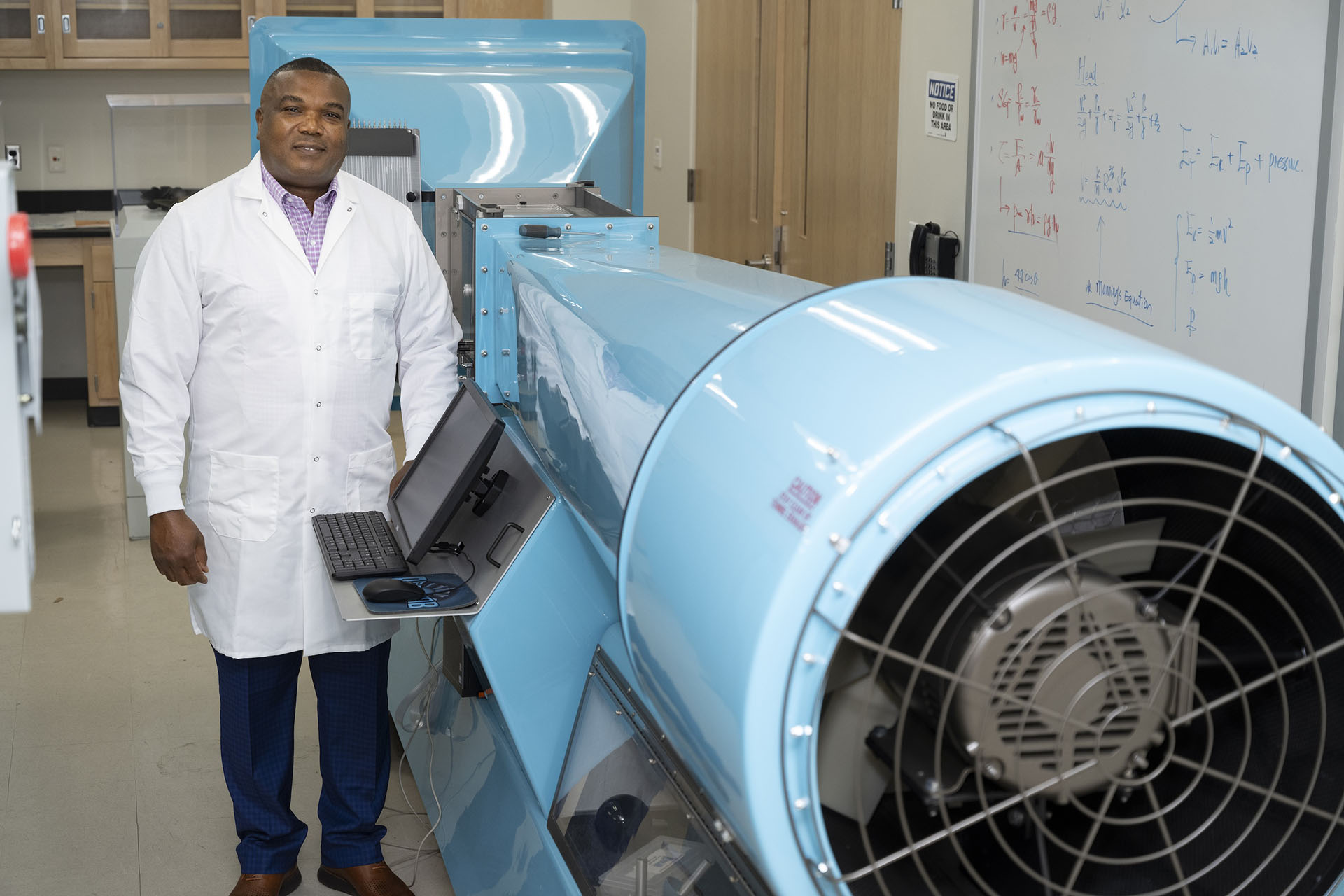 competitive pipeline through the establishment of a dynamic nuclear engineering program that emphasizes innovative curricula, industry partnerships, and hands-on research opportunities, while offering mentorship and career development to undergraduate, graduate, and postdoctoral students pursuing careers in national security and nuclear science.
competitive pipeline through the establishment of a dynamic nuclear engineering program that emphasizes innovative curricula, industry partnerships, and hands-on research opportunities, while offering mentorship and career development to undergraduate, graduate, and postdoctoral students pursuing careers in national security and nuclear science. - Urban Climate Research Enhancing Atmospheric Science and Student Training — The Department of Energy via Triad National Security to support the Coast-Urban-Rural Atmospheric Gradient Experiment (CoURAGE) Facility and Operation Support Project brought significant funding of $4.3 million to Morgan to support continuous collections of urban climate data from Morgan’s Clifton Park site. As part of a year-long field campaign sponsored by the DOE’s Atmospheric Radiation Measurement Program, CoURAGE explores how urban-coastal-rural interactions influence aerosols, atmospheric composition, clouds, and precipitation, while actively engaging students in applied climate science research.
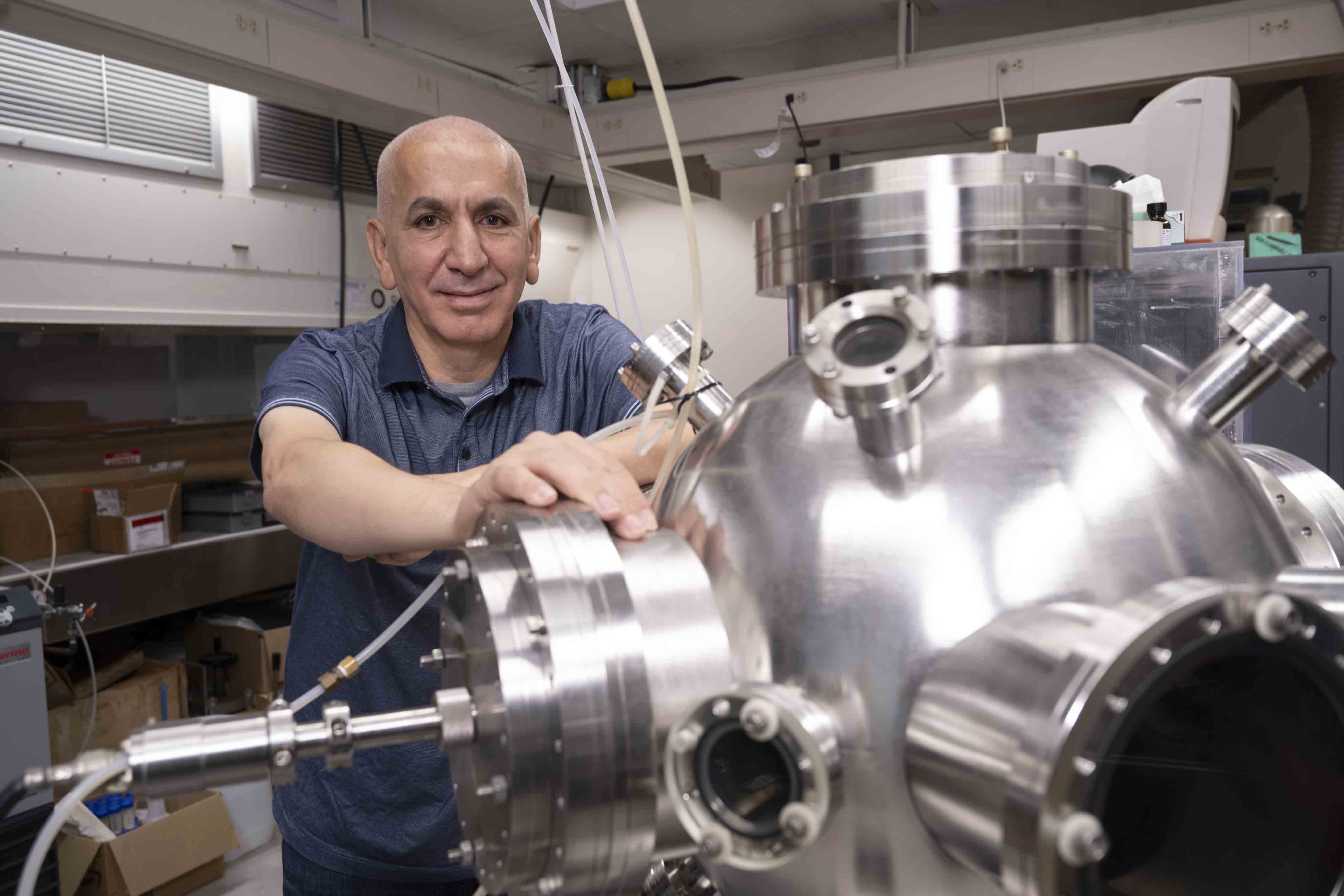 CREST Center Advancing Quantum Materials and STEM Education — Fueled by a $5 million, five-year grant from the National Science Foundation, the Center of Research Excellence in Science and Technology (CREST) program brings together Morgan faculty and partner institutions to explore magnetoelectric materials, quantum heterostructures, and wide bandgap semiconductors; in addition to spurring new graduate programs, seminars, and STEM outreach, advancing workforce plurality for greater market competition.
CREST Center Advancing Quantum Materials and STEM Education — Fueled by a $5 million, five-year grant from the National Science Foundation, the Center of Research Excellence in Science and Technology (CREST) program brings together Morgan faculty and partner institutions to explore magnetoelectric materials, quantum heterostructures, and wide bandgap semiconductors; in addition to spurring new graduate programs, seminars, and STEM outreach, advancing workforce plurality for greater market competition.- Powering the Future: Thermoelectrics and Clean Energy Innovation — With a $1 million award from the U.S. Department of Defense (DOD), Mogan faculty and postdoc researchers are exploring advances in thermoelectric materials, which convert heat into usable electricity. This four-year initiative focuses on material synthesis and nanoscale characterization, laying the groundwork for next-generation energy systems and the potential for new academic offerings in nanoscale engineering at Morgan.
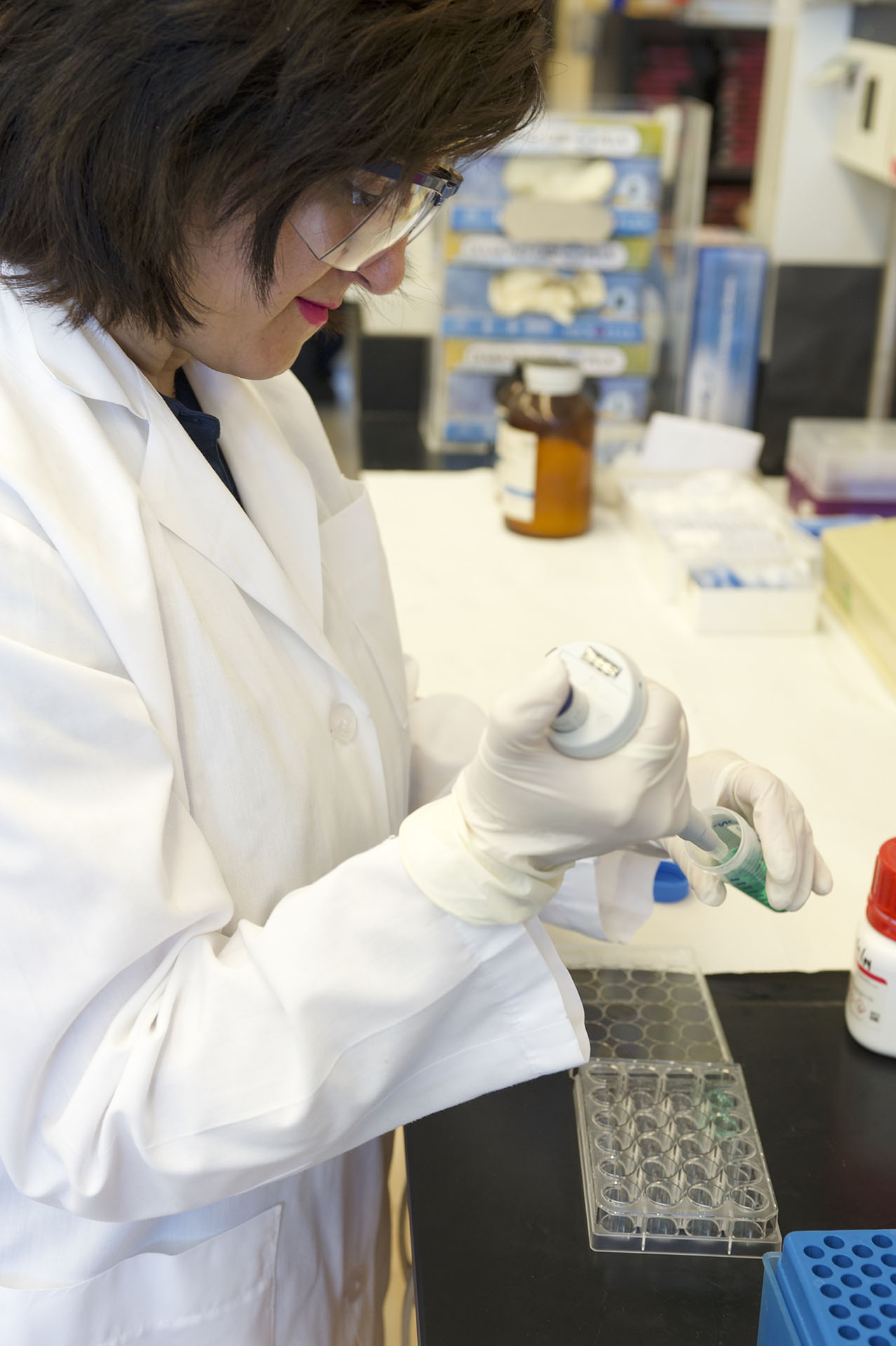 Since 2021, Morgan’s research commitments have risen dramatically, more than tripling from the University’s previous average of $32 million annually. The University has now secured at least $75 million or more in new awards annually for four consecutive years. This upward trajectory reflects a comprehensive institutional strategy focused on faculty development, research infrastructure, and strategic partnerships.
Since 2021, Morgan’s research commitments have risen dramatically, more than tripling from the University’s previous average of $32 million annually. The University has now secured at least $75 million or more in new awards annually for four consecutive years. This upward trajectory reflects a comprehensive institutional strategy focused on faculty development, research infrastructure, and strategic partnerships.
“Our faculty and researchers already are leading transformational work across fields that impact the everyday lives of Americans. From national defense to artificial intelligence/machine learning systems, we expect to be a leader in identifying strategies to eliminate barriers to worldly competitive educational achievement, improve health outcomes, enhance climate resilience, and more. This is purposeful, public-impact research—an area where both the State of Maryland and the nation are investing in Morgan’s work and its growing potential to drive meaningful contributions,” added Wilson.
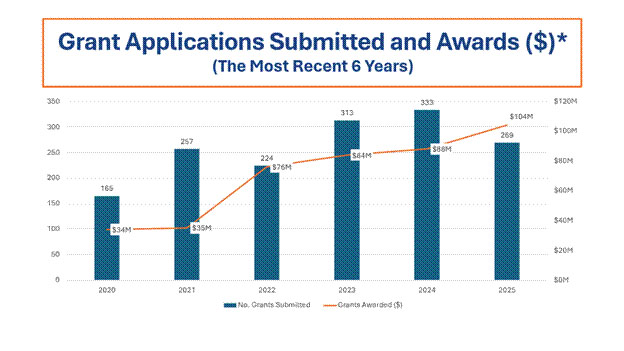 In FY25, Morgan submitted 271 proposals totaling more than $151 million in requested funding. The resulting outcome netted 161 new commitments (a nearly 60% success rate) and the record $104,403,072 in commitments, yielding an almost 70% return on the value of the projected commitments versus the commitments awarded.
In FY25, Morgan submitted 271 proposals totaling more than $151 million in requested funding. The resulting outcome netted 161 new commitments (a nearly 60% success rate) and the record $104,403,072 in commitments, yielding an almost 70% return on the value of the projected commitments versus the commitments awarded.
With a deepening bench of interdisciplinary researchers, state-of-the-art labs, and growing student research opportunities, Morgan continues to attract federal and private investment at record levels. This achievement is not only a testament to its past efforts but also a clarion call to the future. Of the 161 commitments earned within the fiscal year, 119 grants for $95 million were from federal sources, 23 awards totaling $7.5 million from state and local sources, 13 awards valued at $1.2 million from foundations, and six amounting to nearly $370,000 were from private businesses and/or industry sources.
About Morgan
Morgan State University, founded in 1867, is a Carnegie-classified high research (R2) institution offering more than 150 baccalaureate, master’s degree, doctorate and certificate programs. As Maryland’s Preeminent Public Urban Research University, and the only university to have its entire campus designated as a National Treasure by the National Trust for Historic Preservation, Morgan serves a multiethnic and multiracial student body and seeks to ensure that the doors of higher education are opened as wide as possible to as many as possible. For more information about Morgan State University, visit www.morgan.edu.




